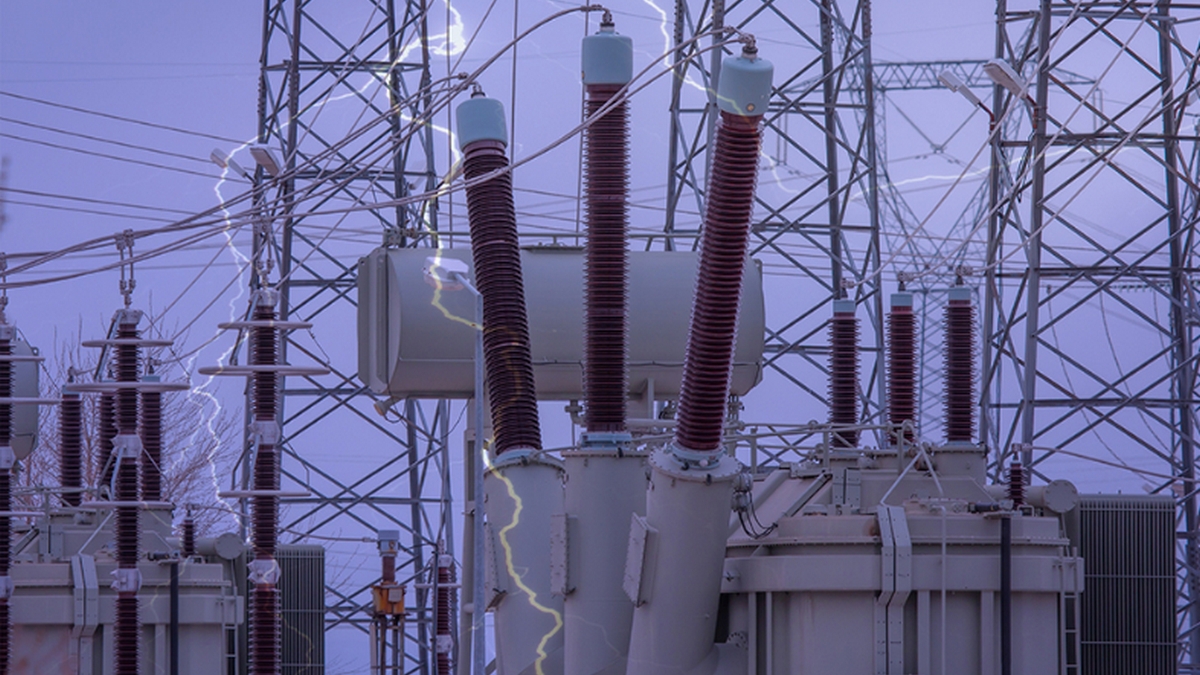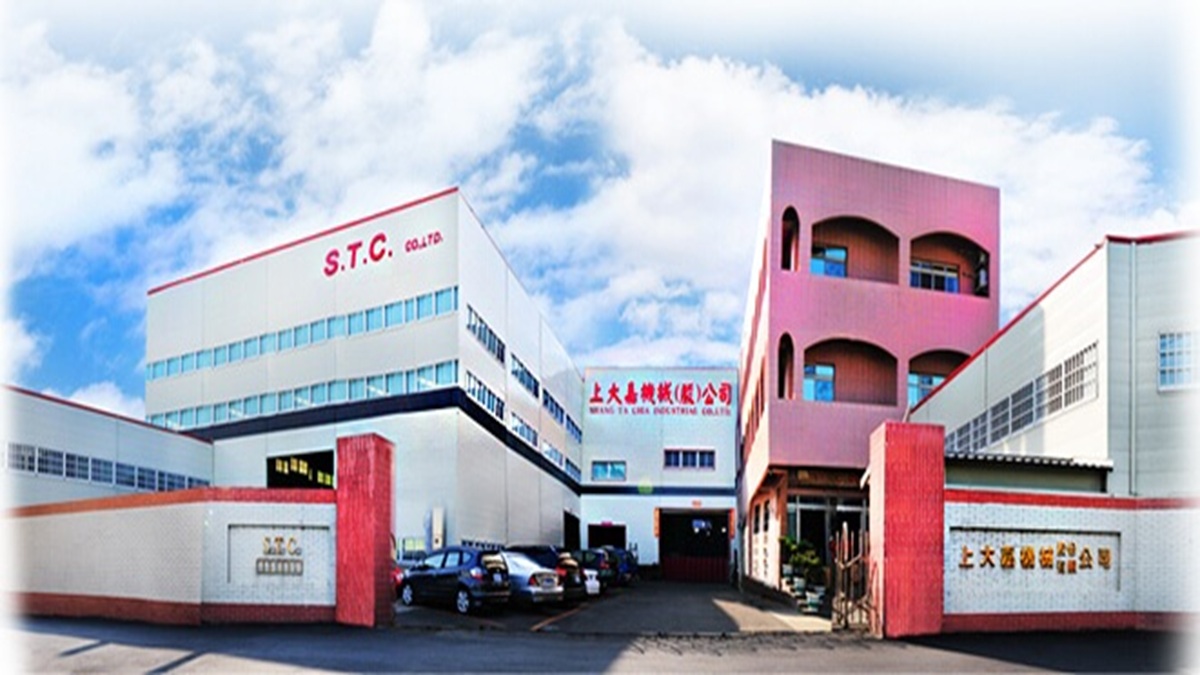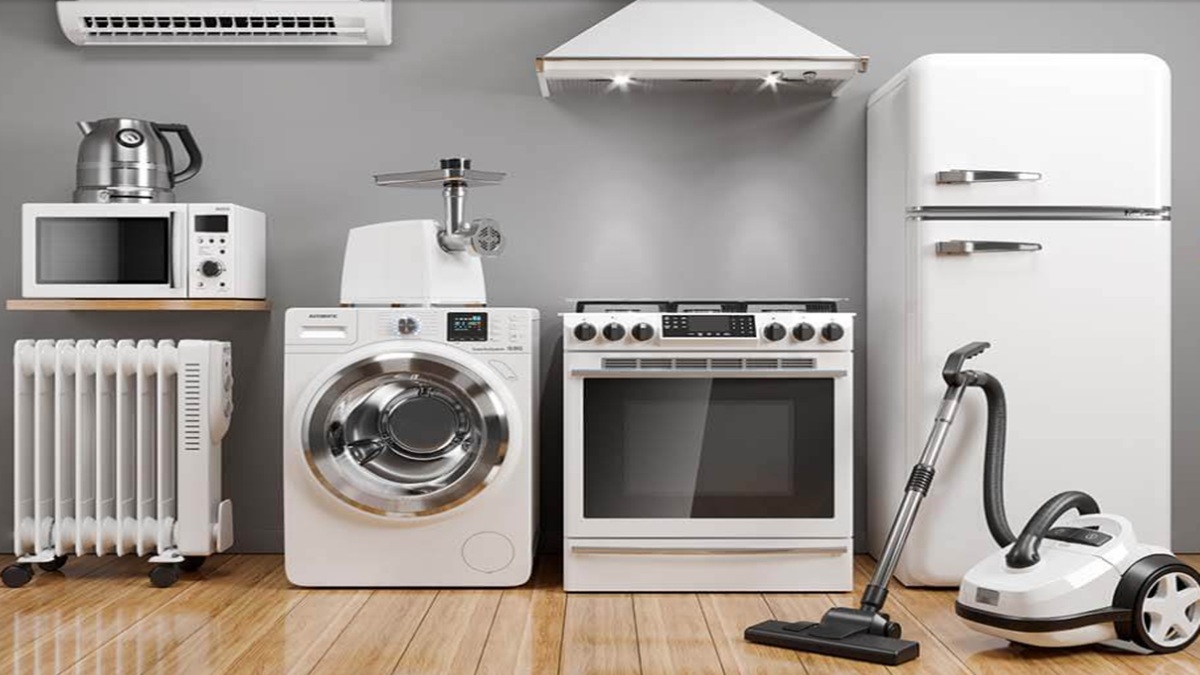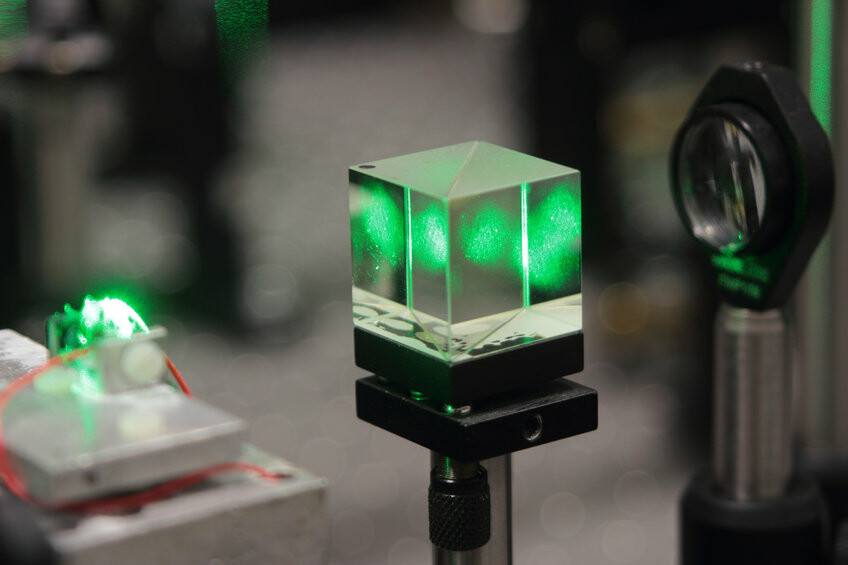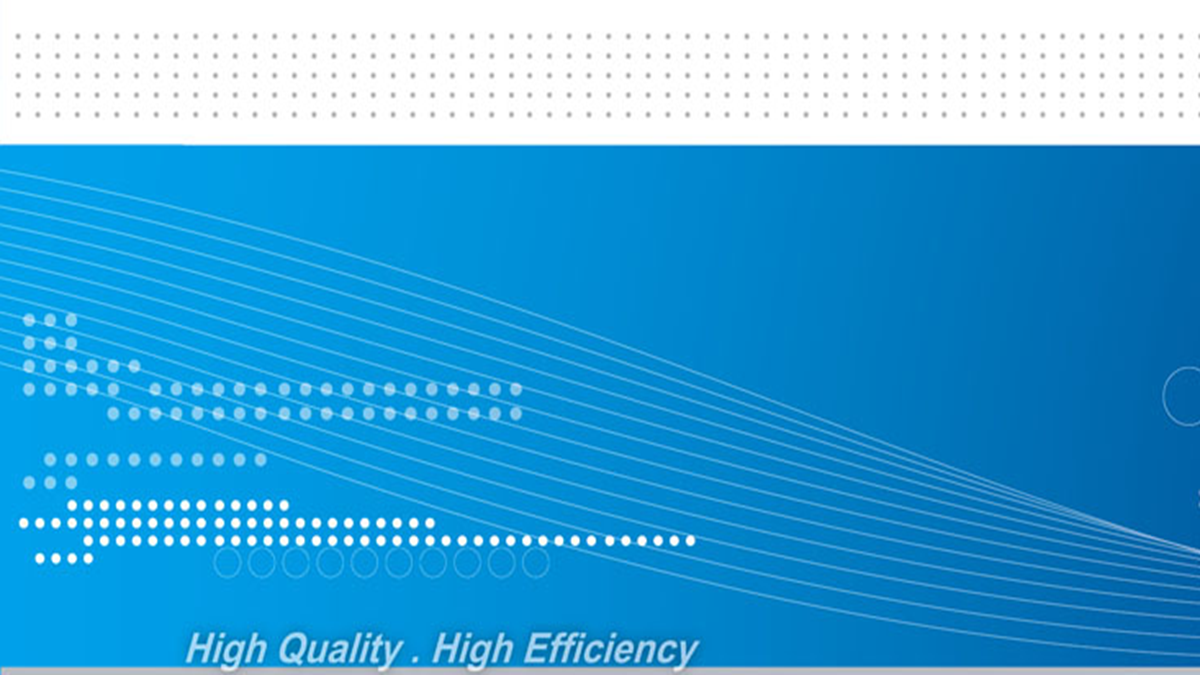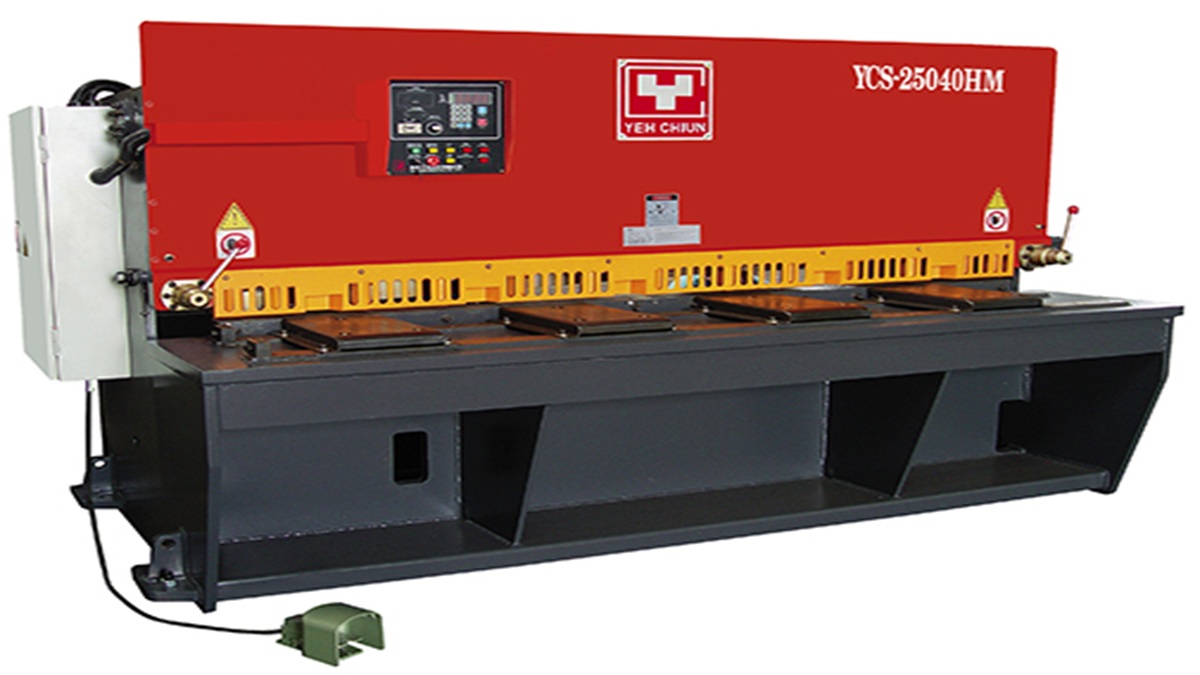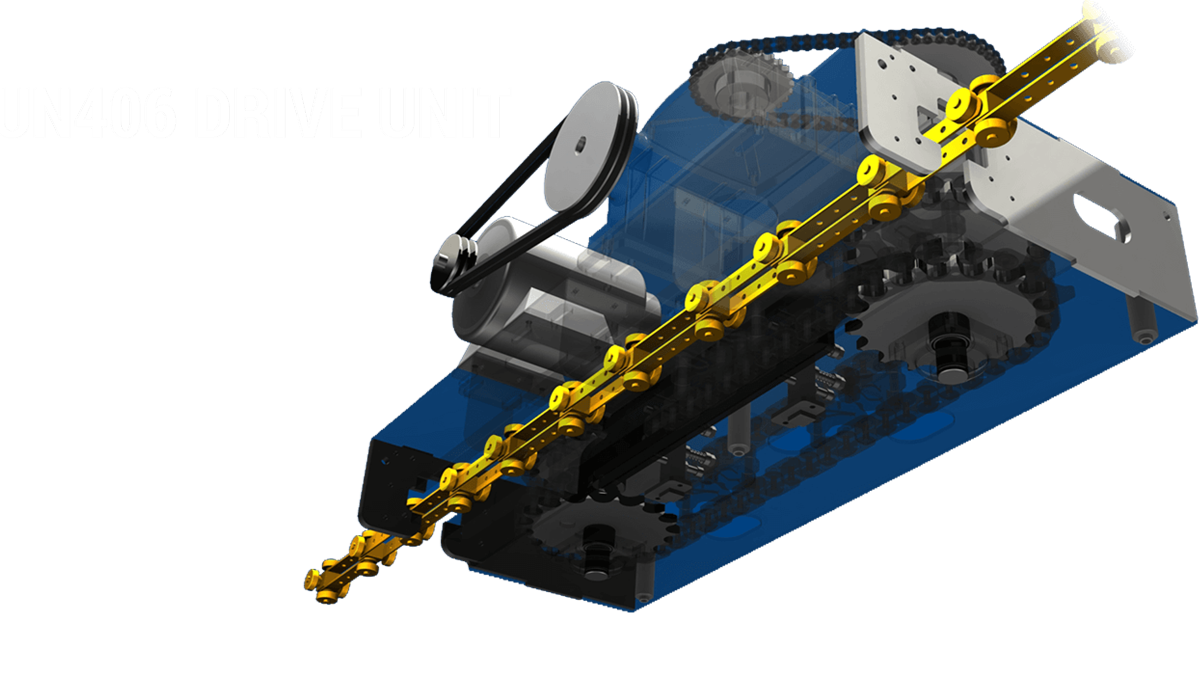The water cooler first appeared in the United States in 1938, significantly improving people's quality of life. As technology rapidly advanced, you could find them in a wide variety of places. However, in other developed countries, people can drink water directly from the tap, which might make water coolers less common. This unique situation could potentially be in direct conflict with the use of water coolers. Nevertheless, the Centers for Disease Control and Prevention (CDC) still advises the public against drinking unfiltered tap water directly.
Water Sourcing
Water is an indispensable part of any living organism; without it, the ecosystem within living things cannot function. Water is present everywhere in our daily lives, whether in the air, mountains, or oceans—it surrounds us. Given its essential nature, how do we obtain our water supply?
In some technologically advanced countries, people can drink water directly from the tap. Achieving such convenient access to potable water requires stringent regulations, rigorous oversight, and robust infrastructure. However, beyond these two points, the primary credit goes to advanced water purification technologies and numerous high-quality, protected water sources. Only a few countries meet the criteria for having such premium water sources.
Most others rely on installing filters or water dispensers. The majority of countries where tap water is directly potable are in Europe, including Iceland, Norway, Switzerland, Austria, Germany, Finland, Sweden, Denmark, and the United Kingdom. In Asia, Japan, Singapore, and South Korea also fit this description.
Why Some Countries Can't Drink Tap Water Directly?
Water Scarcity
The foremost reason is water security, specifically the availability of water sources. During its journey from precipitation, water evaporates due to the sun, leaving us with the maximum usable water. On average, less than one percent of the world's total water is available per person. This issue is directly related to rainfall levels and droughts, making water preservation particularly challenging in regions like Africa. Coupled with global warming and abnormal weather patterns, these various factors compel us to deeply examine this critical problem.
Unstable Water Quality
Second, unstable water quality is a major factor. Water is an easy conduit for the spread of diseases and viruses, and this holds true in any era. Water is highly susceptible to environmental influences. To achieve good water quality, fundamental habits and water usage practices must be upheld.
There are many primary reasons for poor or unstable water quality, including the generation of large amounts of garbage, untreated domestic wastewater, industrial effluent, and pesticide water pollution. Among these, pesticide pollution is particularly close to our daily lives. According to the 2012 report on the future of global water quality by the Organisation for Economic Co-operation and Development (OECD), "most OECD countries will move towards stable water quality in the future, but in other regions, problems with pesticides and inadequate wastewater treatment will cause nutrients to flow into rivers and oceans within decades, disrupting the balance of nature."
Inadequate Water Infrastructure
Third, insufficient water infrastructure plays a significant role. It's noticeable that public utilities like water, electricity, and gas require enormous financial investment and human resources. For countries with smaller land areas, such as Japan, South Korea, and Iceland, these public utilities are relatively easier to implement and manage.
Conversely, countries with larger land areas like the United States, China, and Mexico face greater challenges in management and maintenance of these facilities. Beyond the difficulty of implementation due to vast land size, there are also technical issues. Water purification facilities demand exceptionally high levels of technology and substantial financial outlay. When considering the costs in terms of technology and money, the time required is unknown, not to mention the need for public support.
The three points mentioned above highlight the significant time and effort countries invest in water management. Even in places where tap water is considered directly potable, the U.S. Centers for Disease Control and Prevention (CDC) still advises against drinking it raw.
According to an assessment by UK tap supplier QS Supplies, which used data from the Yale University Environmental Performance Index (EPI), the countries with the cleanest tap water are Switzerland, Finland, Norway, Ireland, Australia, Iceland, Greece, the Netherlands, and Malta. Only these nations consistently achieve perfect scores for water quality, regardless of location or time. Other countries, even if they meet direct drinking standards, may not have every single location compliant with regulations.
While an occasional sip from the tap might be harmless, even countries renowned for their pristine environments don't have 100% safe tap water. It's generally best to avoid drinking it raw.
So, how do other countries that can't drink tap water directly tackle this issue?
This question leads us back to Luther Haws, a plumber in 1906. While visiting a public school in Berkeley, California, Haws observed children sharing a common tin cup for drinking water. This was during a rampant typhoid epidemic, which was directly linked to contaminated drinking water. Haws believed that providing proper drinking facilities for students could reduce their chances of contracting typhoid. Using his expertise, he created the first drinking water fountain and installed it in the Berkeley school.
He founded his company that same year, and in 1911, his drinking fountain received a patent. Early models stored water in sealed glass containers, using large blocks of ice for cooling, but the weight of the glass and ice made them quite inconvenient to install and use. Later, as electricity became more widespread in the 1930s and 40s, the world's first "freestanding electric drinking fountain" was patented in 1938.
In the 1980s, the rapid growth of plastic use led to a natural shift in drinking fountain design: glass containers were replaced with plastic ones. This change significantly reduced costs and increased the ease of installation and maintenance, which in turn allowed drinking fountains to expand into markets outside the United States. Subsequently, with advancements in technology, the invention of **water dispensers** gradually took off.
Back to the present day, water dispensers are a common sight in our daily lives. However, it's best to purchase equipment (drinking fountains or water dispensers) that aligns with your specific needs** and daily usage. For those traveling to other countries, buying bottled water from supermarkets is often a more suitable option. If you have any concerns about water quality, this is a sensible precaution to take.
Puricom: A Leader in Water Purification in Taiwan
Puricom has been a leading professional supplier of water purification equipment in Taiwan for decades. We are dedicated to providing high-quality, efficient home drinking water solutions, ensuring every family can easily enjoy safe, healthy, and delicious pure water.
We deeply understand that water is the source of life, and high-quality drinking water is the cornerstone of good health. Our vision is to become the most trusted water purification expert for consumers. We aim to achieve this by continuously innovating our technology and offering exceptional products, thereby enhancing people's drinking water quality and, in turn, improving their overall lives.
We utilize advanced water purification technology to effectively filter out harmful substances, ensuring pure water that meets direct drinking standards. We provide a diverse range of user-friendly products, allowing water purification equipment to seamlessly integrate into modern homes, making good water easily accessible anytime, anywhere. Furthermore, we advocate for reducing bottled water consumption and improving tap water quality at the source, contributing our part to the global environment.
We continuously invest in the research and innovation of water purification technologies, mastering core filtration techniques such as RO reverse osmosis, UF hollow fiber membranes, and high-efficiency activated carbon. This ensures our products can effectively address diverse water quality challenges. From under-sink water dispensers and whole-house water purification systems to Stratos Water Softener, we offer a wide range of products to meet the varying family sizes, living environments, and drinking water needs of consumers.
Looking ahead, as technology advances and consumer awareness grows, home drinking water solutions will become even smarter and more environmentally friendly.




